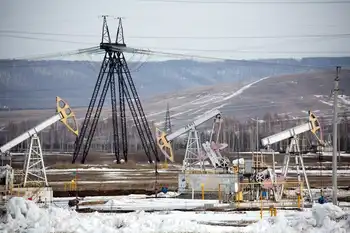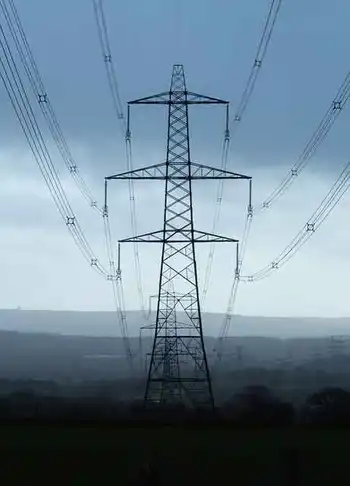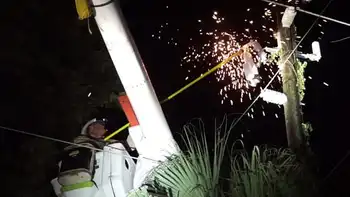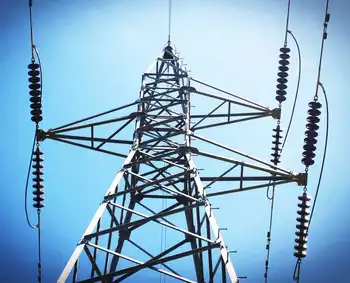Offer for wind power called “too low”
By Anchorage Daily News
High Voltage Maintenance Training Online
Our customized live online or in‑person group training can be delivered to your staff at your location.

- Live Online
- 12 hours Instructor-led
- Group Training Available
But CIRI senior vice president Ethan Schutt said the offer is so low it's ridiculous and contains unworkable terms.
Municipal Light and Power director Jim Posey held a press conference to explain the utility's offer, which he said protects ML&P customers from higher costs.
CIRI wants to begin construction of turbines on Fire Island off Anchorage this summer, but has so far been unable to get any utility companies to sign contracts to buy the power it would generate, said company spokesman Jim Jager. "Realistically, the project isn't going forward until we have power-purchase agreements," he said in a recent interview.
The corporation is lined up to get nearly $44 million in federal grants to help build the turbines, but the money is contingent on starting this year. The state has approved using $25 million in public funds to build a transmission line from Fire Island to the mainland.
The first phase of the project — 22 turbines that could provide electricity for 12,000 households — would cost about $135 million, said Schutt.
CIRI is in what Schutt called "legitimate negotiations" with Chugach Electric Association, the Railbelt's biggest electrical utility. But Chugach doesn't want to take the entire output, so the project needs another power buyer, he said.
The details of the Chugach negotiations are confidential, he said.
Meantime, two Anchorage Assembly members introduced a proposal that could lead to the Assembly itself taking over negotiations with CIRI on behalf of ML&P if it decides the public interest would be served.
"I don't intend to let the city lose in the ability to capture wind power," said Assembly chairman Dick Traini, who is co-sponsoring the ordinance with Assembly member Bill Starr. "If you take a look at where we're heading you have to diversify energy sources as much as possible."
The Assembly proposal will be up for public hearing April 12. The Assembly has already passed a resolution supporting the wind project.
CIRI and ML&P are at odds over two key elements:
• The price ML&P would pay. At $30.20 per megawatt hour in 2013, the first year, the price is below the $48.72 average that ML&P pays for power now, said Schutt.
• A requirement by ML&P that CIRI predict the wind power a day in advance, and if it falls short, buy other power to replace the shortfall.
Posey said $30.20 represents costs ML&P would avoid if it bought wind power instead of buying from another source. Its "avoided cost" number is low, Posey said, because it owns its own Beluga gas fields, and gets fuel from that source more cheaply than other utilities can.
Schutt said a utility wouldn't replace its lowest cost energy source with wind power, but would choose to offset higher-cost gas with it.
Posey said the requirement that CIRI provide predictable power whether the wind blows the right speed or not is reasonable and ensures that ML&P customers don't pay extra, which they might have to do if the utility had to quickly replace expected wind power.
Predicting exact amounts of power the Fire Island turbines would generate at any moment in the future isn't possible, said Schutt.
"That doesn't work with wind.... That single item makes it unworkable," he said.











